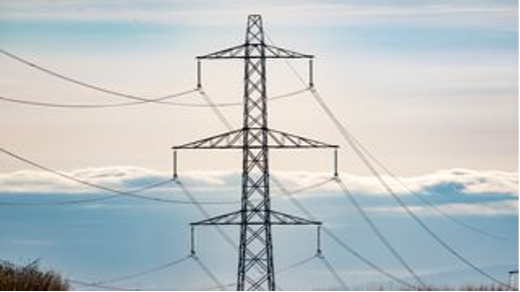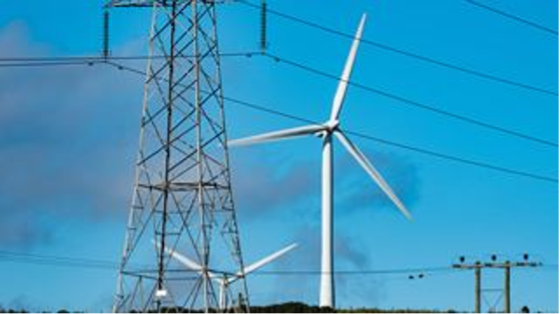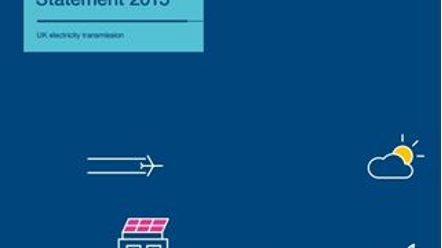We are the owner of the high voltage electricity network in the north of Scotland. Take a look at how our industry is regulated
-

The RIIO Price Control
Ofgem determine how much revenue we can earn from customers to cover the cost of maintaining and reinforcing the electricity network. This is carried out through a ‘price control’ which sets out how much the company can spend, and how much return can be earned from that investment. The price control mechanism currently in force is called “RIIO-T1.” This mechanism took effect on 1st April 2013 and will run until 31st March 2021. Throughout that period, RIIO-T1 challenges the business to deliver improving levels of service for a more efficient level of cost.
-

Your Plan, Our Future: RIIO-T2
We are developing a business plan which will commence from 1 April 2021. As a responsible business we will look to produce a plan which will deliver for customers, consumers and investors. To learn more and to have your say
-

Charging statements and information
Each year we set out our charges, our allowed revenue, for investing in and maintaining transmission infrastructure. National Grid Electricity Transmission plc (NGET) as the system operator for electricity transmission in Great Britain considers for approval based on our justification. Charges are categorised as either a General System Charge, Site Specific Charges, or Other Charges.
-

Key Performance Indicators (KPI's)
Our current suite of KPIs were developed, consulted on and implemented in 2013 and, whilst there have been a couple of Ofgem amendments to the baseline overall KPI target and the KPIs’ weighted contribution toward the overall Stakeholder Satisfaction Incentive, the individual KPIs and their respective individual targets remain unchanged from their inception. In October 2018 we published a document that stated our intention to review the existing suite of KPIs with the aim of developing a revised suite that provides better measures of stakeholder satisfaction. We have now launched a consultation presenting an opportunity for stakeholders to ensure that our proposed revised suite for KPIs meets their reasonable needs and expectations. -

The Electricity Ten Year Statement
The Electricity Ten Year Statement (ETYS) is produced by National Grid as the System Operator indicating what the transmission network could look like over the next 20 years depending on various scenarios as it evolves to meet future needs. The statement takes into account a number of factors, such as anticipating future generation and demand and considers a number of future energy scenarios alongside industry stakeholders who are able to shape the development of the statement.
-

Stakeholder Engagement Incentive Submission 19/20
The Stakeholder Engagement Incentive is intended to encourage electricity distribution network operators (DNOs), gas distribution network operators (GDNs) and Transmission Operators (TOs) to engage effectively with a wide range of stakeholders and use the outputs from this process to inform how they plan and run their businesses. We are delighted to share with you our Part 1 and Part 2 2019/20 Stakeholder Engagement Incentive Submission. Part 1 of our submission explains how we have developed, consulted on, published and embedded a new Stakeholder Engagement Strategy. Part 2 of our submission focuses on how we have delivered stakeholder benefits through holistic engagement. Our submission is currently being assessed by our Regulator, Ofgem.
-

TNUoS Charging Paper - February 2021
We’ve published a discussion paper on TNUoS charging; backing calls from our customers to review and reform the current transmission charging methodology to support decarbonisation at the scale and pace required for net zero. The paper, which is supported by Scottish Renewables and independently verified by Baringa, outlines SSEN Transmission’s findings on TNUoS charging in the north of Scotland, based on stakeholder feedback and evidence from operational schemes. To read the paper in full, please click below . If you would like to share feedback, or arrange a call to discuss our paper in further detail please contact: Andrew.Urquhart@sse.com